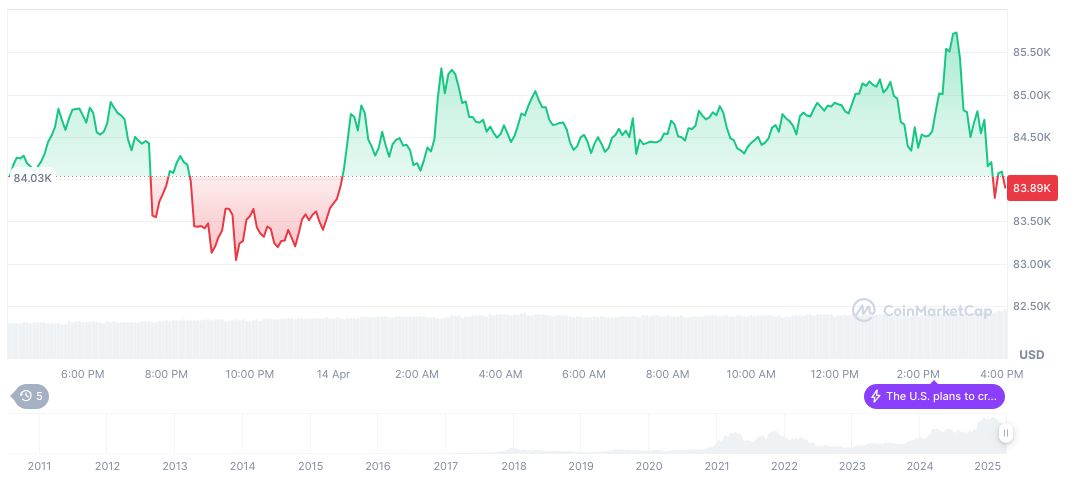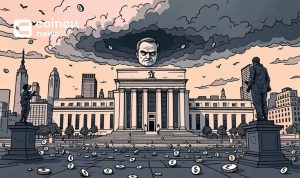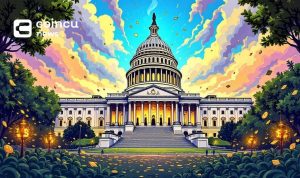- Goldman Sachs CEO raises recession concerns due to trade uncertainty.
- Trade policies impact global economic stability.
- Recession risks complicate corporate decision-making worldwide.
Goldman Sachs CEO David Solomon highlighted rising U.S. recession risks on April 15, 2025. He cited trade war uncertainties and their effects on corporate planning as major concerns.
Uncertainty in trade policies limits important corporate decisions, potentially slowing economic growth and influencing global markets. Solomon emphasized the need for clarity.
Trade Uncertainties Signal 40% Recession Chance by J.P. Morgan
David Solomon, Goldman Sachs CEO, raised concerns over the potential U.S. recession, pointing to increasing trade war uncertainties. Solomon underscored the alteration of global growth projections due to these uncertainties, impacting economic strategies.
The slowdown in economic growth demands businesses reassess their strategies. Trade policy changes and global risks are reshaping decisions, limiting corporate investment and confidence.
As we enter the second quarter, our operating environment is significantly different from earlier this year. Economic growth continues to slow down, and the implementation of new trade policies has greatly altered the global growth outlook. — David Solomon, CEO, Goldman Sachs
Market reactions to Solomon’s statements were pronounced. Bruce Kasman of J.P. Morgan raised recession probabilities to 40% for 2025. Both economists cited trade policy ambiguities.
Bitcoin’s Role Amidst Financial Uncertainty
Did you know? Similar trade policy uncertainties have historically contributed to market volatility, influencing cryptocurrency investments. During past economic slowdowns, assets like Bitcoin often rose as safe-haven investments.
As of April 14, 2025, Bitcoin (BTC) trades at $84,505.31 with a market cap of $1.68 trillion and a 24-hour trading volume of $34.31 billion. Notably, Bitcoin’s 7-day price rose by 5.81% despite recent 60-day declines. (CoinMarketCap).

Experts suggest Solomon’s concerns may impact cryptocurrency interest, as investors seek alternatives amid recession risks. The Coincu research team indicates potential upticks in decentralized assets’ appeal as financial uncertainty grows.























